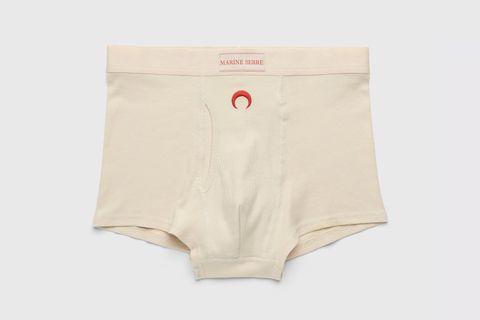MLLN Is Sparking a New Era for Independent Sneaker Brands
Can combining VR, 3D printing, and NFTs allow indie shoe companies to compete against the goliaths of the footwear industry? That's what MLLN is aiming to find out.
Graphic designers and footwear vets founded MLLN in 2022 as a digital design outfit with the goal of shaking up the footwear industry from the shoes up, starting with web3.
On November 14, MLLN launched its MLLNPass, minting 3,000 NFTs at .3 ETH. Each NFT includes both the MLLNPass, a lifetime digital membership to MLLN’s services (including priority printing, discounts, early access, exclusive products, and more), and a unique sneaker design.
MLLN will physically produce many of the 3,000 sneakers it minted NFTs with Zellerfeld’s cutting-edge 3D printing capabilities, which utilizes Zellerfeld’s custom foot scanner to mold the shoes out of skin-safe latex to perfectly match the wearer’s foot.
The MLLNPass collection was designed by Joey Khamis and Finn Rush-Taylor, whose respective work histories bring interesting dynamics to MLLN.
Rush-Taylor's resume includes adidas, Puma, and Vivobarefoot, for instance, highlighting a balance between form and function. Meanwhile, Khamis started out at Columbia Sportswear, moving along to Reebok where he designed Cardi B’s Classic Leather Cardio (among other things) before becoming a designer for YEEZY.
Though their history is predicated upon work for established brands, the future of MLLN is all about leveling the playing field between independent designers and industry mainstays alike, they tell Highsnobiety.
“Our Discord has around 1,200 people and there are so many footwear designers collaborating in there,” Khamis said. “Some of them have jobs in the industry, others are trying to get jobs. I think MLLN is going to help connect designers and show that there’s no right or wrong way to go.”
MLLN’s partnership with Zellerfeld puts it in a unique class of collaborators alongside the likes of Kidsuper, Heron Preston, and Ye. These relationships helped put Zellerfeld on the map, so it’s nice to see them leveraging that fame into a boost for independent designers like MLLN.
“The creative freedom and independence I have to make ideas is the thing that excites me about [working with Zellerfeld],“ continues Khamis.
“Zellerfeld is pretty much made-to-order footwear. We’re finding out that you can gauge audience interest in different shoes by posting concepts online and then taking cues from that feedback for the actual design.”
“We’ve had people in our DMs the past two years begging us for shoes,” Rush-Taylor added. “They don’t realize that if you go down the traditional manufacturing route, it’s at least a $100,000 investment”
Later, Rush-Taylor reiterated Khamis’ sentiment of connecting with other designers on Discord, emphasizing the power of the feedback-to-production process.
“If you’re going down the traditional route of manufacturing shoes, you don’t really show your product until it comes out. You’re taking a massive financial risk without even knowing if people will actually want it,” Rush-Taylor explained.
“My goal is to put out a design on Monday and if people like it, have it for sale on Friday. It’ll be small runs, maybe 500 pairs; we have a lot of creative freedom there.”
Beyond aesthetics, Rush-Taylor notes that Zellerfeld’s capabilities also allow MLLN to create much more ergonomic shoes (a topic he learned quite a bit about at Vivobarefoot). Because Zellerfeld’s app does an in-depth scan of your feet, MLLN's designs have are flexible enough to eschew standardized sizing.
“In the industry, standard sizes are a big problem,” said Rush-Taylor.
“Everything in footwear is based on aesthetics, made to look fast. But that can cause bunions, shin splints, and knee problems. It all stems from the foot. That’s why Zellerfeld’s custom fit is a massive bonus.”
Community-influenced, intelligently designed 3D-printed shoes could be a blueprint for more independent sneaker designers to follow. This model could alter how sneakers are produced away from the excess waste created for mass appeal. If successful, MLLN won't be the only company taking this path. Then again, that’s the goal.


